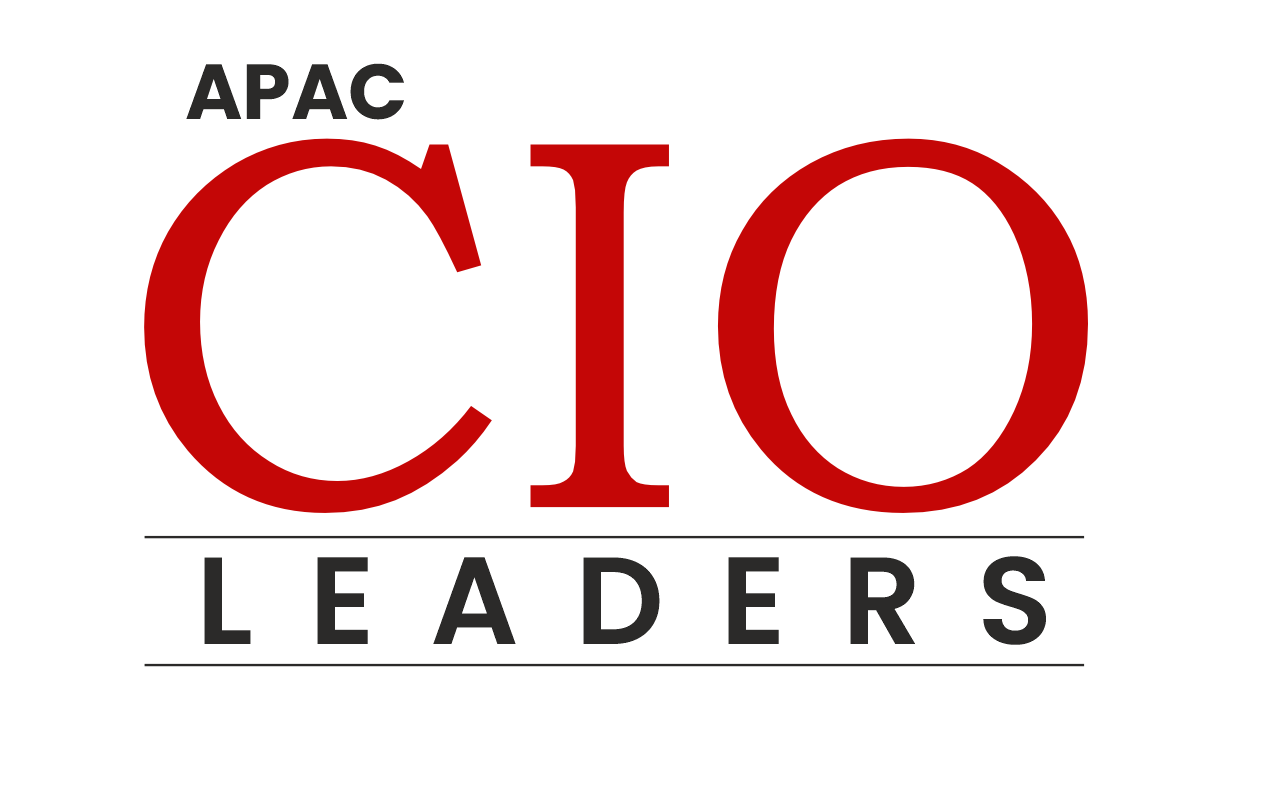In today’s modern business environment, increasing numbers of organizations embracing visionary leadership wish to meet these changes in market demands as well as societal expectations. Therefore, a visionary leader is characterized by inspiring, innovating, and making meaningful changes in the organization. They lead and not merely manage processes with a compelling vision that comes in line with the values as well as aspirations of a team and community. This new concept of leadership is shaping the method through which organizations function and their interaction with stakeholders.
Understanding Visionary Leadership
In short, inspirational leadership looks over the short-term goals and challenges to frame a wished-for future that is aspirational yet achievable. Great leaders understand the vision behind their organization and, therefore, can articulate this very vision to motivate others toward such pursuit of common objectives. In this regard, such clearly defined purpose makes teams focus their effort on significant initiatives toward developing a sense of belongingness and commitment.
The visionary leader always creates an atmosphere of creativity and innovation. They challenge members to push the envelope and break the status quo; they generate new ideas in the process. This kind of freedom propels growth not only for the organization but also empowers an individual with a sense of value and investment in a joint venture.
Leading by Purpose
Today, the requirement of purpose has emerged more vibrantly because not only consumers, but employees also require authenticity and social responsibility. Visionary leaders understand that success is no longer the measure of the size of the profit margins but of the good done in society. Purposeful inclusion into business strategies helps these visionary leaders create a sense of direction that resonates among the stakeholders.
For example, many organizations are now embracing a sustainability agenda that extends further than mere compliance. This is the benefit enjoyed both by those leaders championing such an agenda- environmental enhancement and customers and workers interested in sustainability. Such position gives them an edge but changes communities at the same time.
Role of the Visionary Leaders in Change Management
Such visionaries are usually leaders who guide their organizations through transition periods. Uncertainty helps reduce the fear and resistance of team members because of clear and compelling communication by a visionary leader. These visionary leaders are sources of hope because they project the possibility of change for growth and opportunity.
Such leaders set a culture of teamwork through open communication where the employees become part of the change through significant contributions to the input process of the decisions to be implemented. Through this, the leaders ensure that the workers develop confidence and a sense of ownership for the smooth success of a change process.
Culture of Innovation
Innovation is one of the key success drivers in the landscape of today’s competitive arena. Visionary leaders understand this and, therefore, invest in the creation of an experimentation culture that thrives on failure as an important learning experience. In reality, innovation requires the empowerment of teams to experiment freely without fear of retribution for failure.
Forward-looking leadership is one means through which such a culture is attained. Participation in all the training and development programs that empower employees to succeed in achieving intended objectives takes place. Allocation of resources, as well as any assistance possible, is directed into ventures considered appropriate for fulfilling the set vision of an organization as well as to entice them to work in endeavors geared to encourage and prompt workers to do so as this kind of investment ensures employee fulfillment as well as portraying an enterprise as an innovator of the industry.
Role of Effective Communication
Effective and visionary leadership means effective communication. Leaders have to give a clear message of what they want in a structured manner, not just making ambiguous statements, to the organization so that everybody knows about their role in achieving certain organizational goals. Transparency during this process builds up trust as more people open their mouths on issues, helping leaders gain the pulse of their followers and respond suitably.
External communications by visionary leaders notwithstanding are interaction with customers, the supply chain, and also interaction with the community for its needs. They help achieve communication of vision or a purpose and relationship enhancement hence strengthening brand loyalty coupled with market fame.
The Role of Technology
Technology plays a more elevated role in the transmission of vision and interaction from visionary leaders to their teammates. The many digital tools and platforms have availed leaders the opportunity to access a large population for the promotion of collaboration over geographical space. Virtual communication tools allow the leaders to connect with their remote teams so that everyone can be aligned to the organizational purpose.
Conclusion
It covers the new paradigm in business and discusses visionary leadership of purpose, innovation, and collaboration. Purposeful leaders find strong vision and change for the reason that it provides inspiring goals, and they thereby make organizations perform even better at benefiting society.

